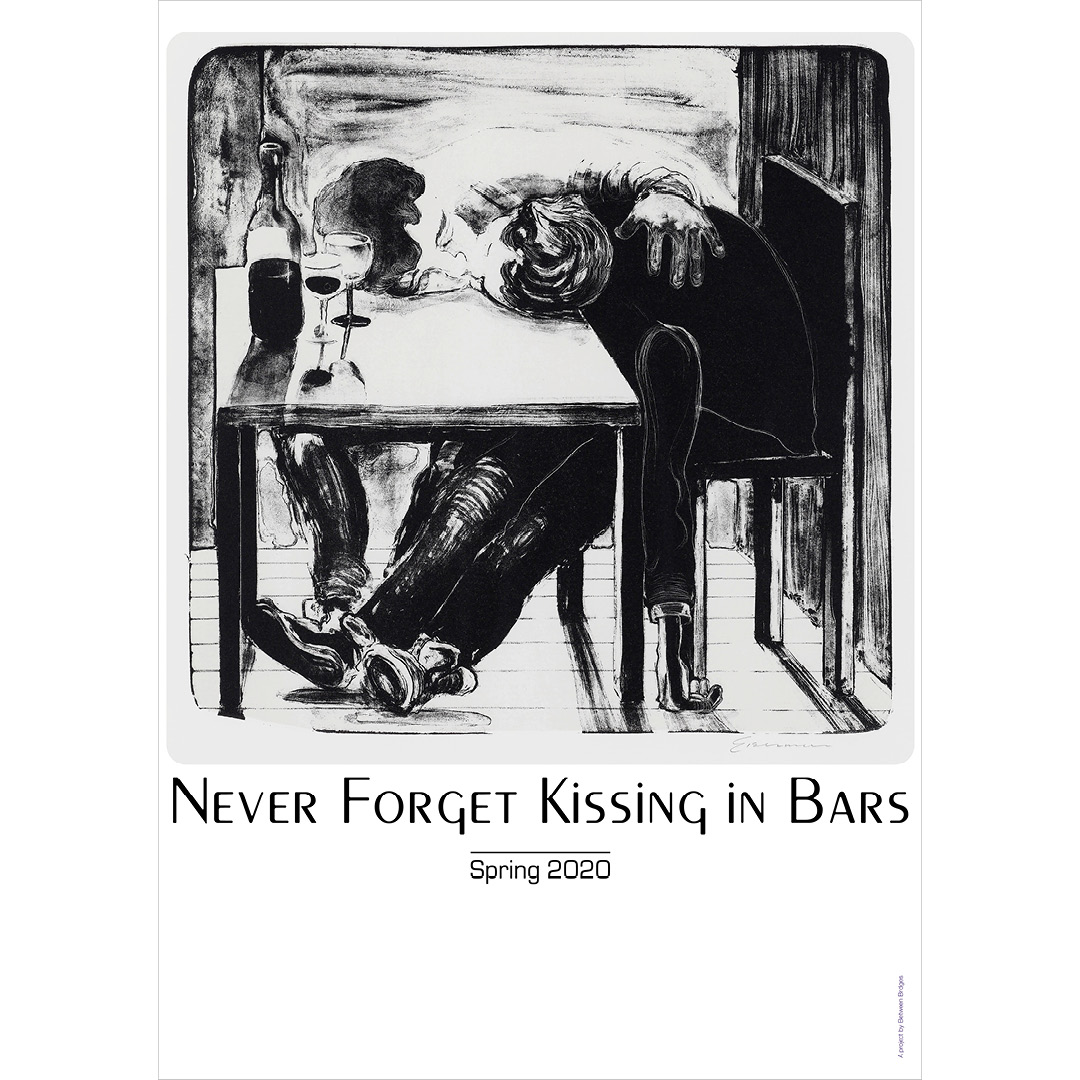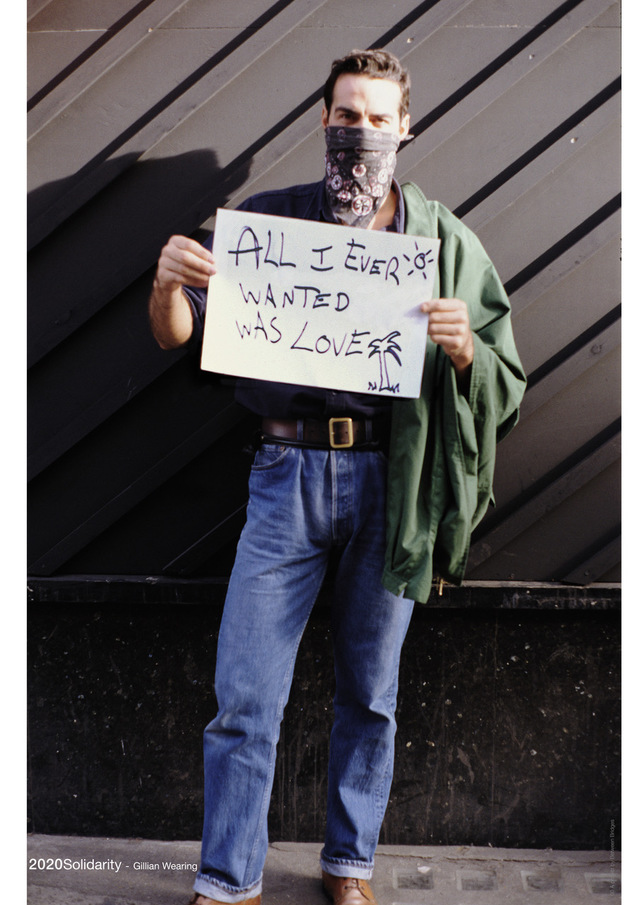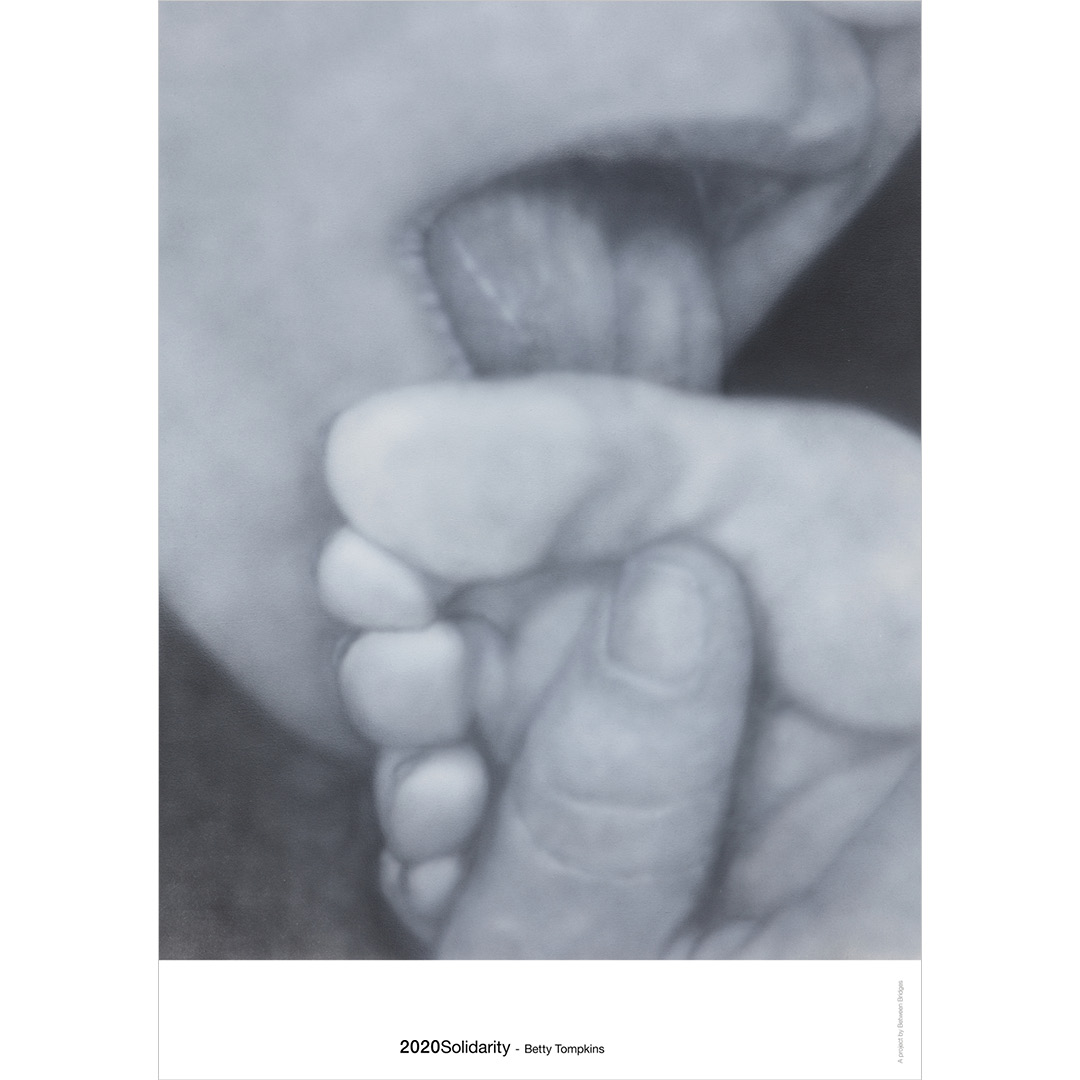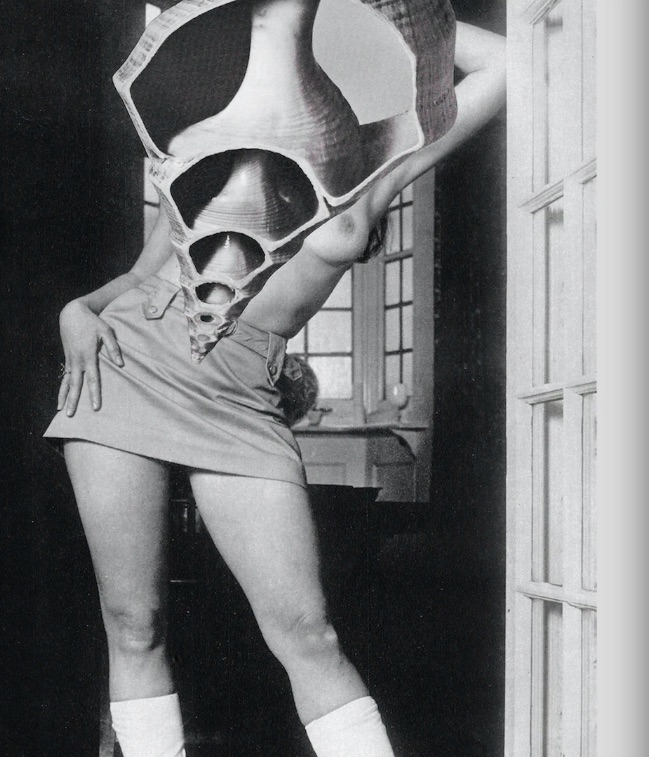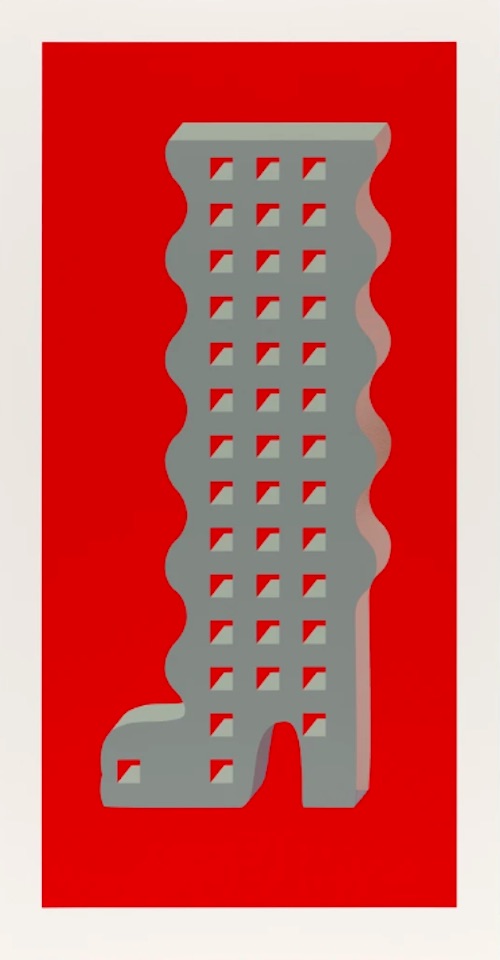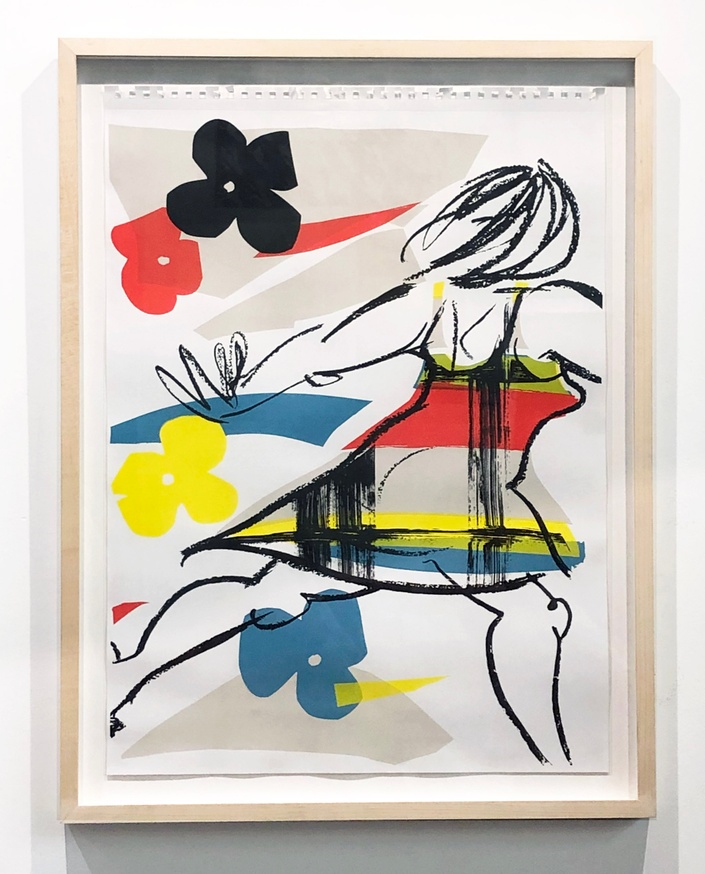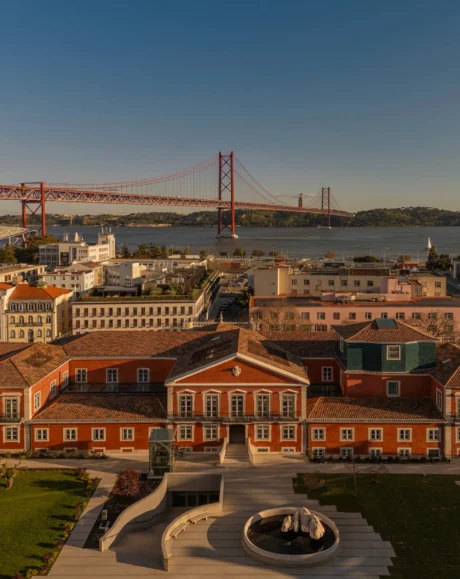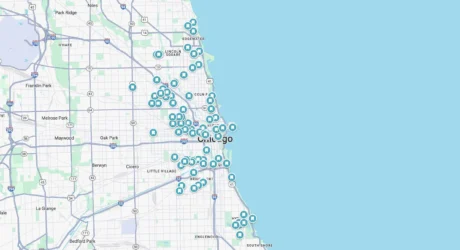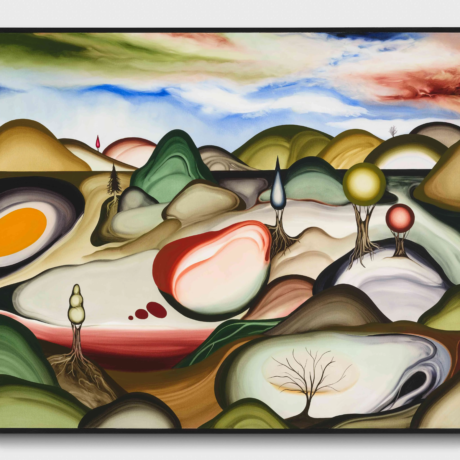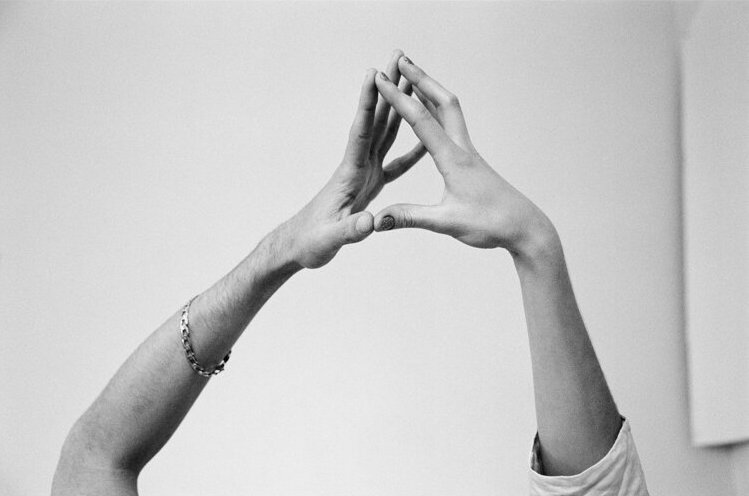
Tim Barber for Dream Sequence, 2020
Galleries are closed and exhibitions are over for the foreseeable future. So how are artists expected to make a living? Many have turned to selling directly via their website, while on Instagram the hugely successful Artist Support Pledge has seen an informal online marketplace spring up almost overnight.
The principle is simple: anyone can participate by uploading a work for sale under the #artistsupportpledge hashtag, with all works priced at £200. Every time artists reach £1000 of sales, they pledge to spend £200 of it on another artist’s work. Through this, an entire network of artists has formed, with the aim of alleviating some of the stress brought about by lost sales due to the pandemic. So far, over 72,000 artworks have been posted under the hashtag, and an estimated £15 million for artists and makers has been raised across the globe.
Elsewhere, print sales websites have launched to raise money for charities helping people affected by the coronavirus pandemic. Dream Sequence was set up by American photographer Tim Barber in March, selling artist prints for $100 each; half of each sale goes to the artist, while the other half is donated to charity. Photographers Peter Sutherland and Jason Nocito feature, alongside well-known names like Petra Collins and Ed Templeton.
Yesterday Wolfgang Tillmans announced that he would be selling a range of posters created by over forty international artists, who have come together to design one poster each. Named 2020Solidarity, the project aims to help cultural and music venues, community projects, independent spaces and publications that are existentially threatened by the current crisis. Each poster costs £50, and is available for a limited period of time.
“2020Solidarity raises money for cultural and music venues that are existentially threatened by the current crisis”
The likes of Mark Leckey, Gillian Wearing, Isa Genzken, Betty Tompkins and Andreas Gursky are included. Particularly poignant is Nicole Eisenman’s design, which reads: “Never forget kissing in bars”, a reminder of the extraordinary and isolating situation that we find ourselves in. Her poster raises money for Hospital Rooms in London and Visual AIDS in New York. “There are many places that may not get help or bailed out because they are informal places, in culture, nightlife and music. I feel an urgency to do something so they don’t have to close down permanently,” Tillmans said.
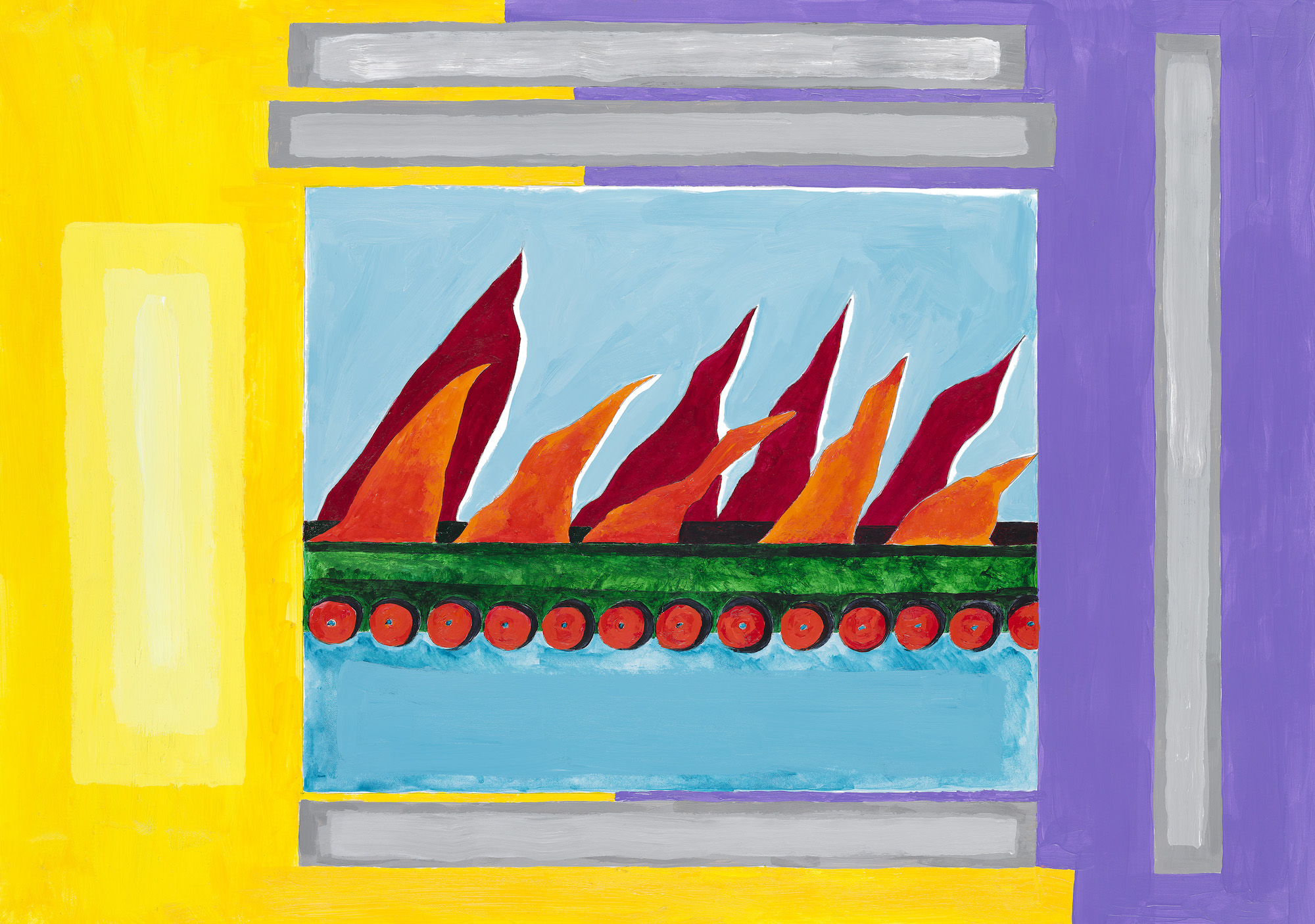
Glasgow International, a biannual festival of the visual arts, was due to open this May. Now postponed until next year, today they launched an alternative digital set of artist commissions online. The festival also sells a variety of artist prints online, from new participants and alumni alike. Lubaina Himid, Tai Shani and Cecile B. Evans all feature, while a fruit-themed silkscreen print from Sol Calero is a cheering reminder of sunnier times.
Meanwhile, the ICA in London have put together a daily digest of guidance from their curators on what to watch, read and listen to during lockdown. They’ve also been busy adding to their online shop, which is filled with limited editions from an impressive roster of artists who have exhibited at the institution over the years. One of the newest additions is Jenny Holzer’s Inflammatory Essays, first produced between 1979 and 1982, offered as lithographs for £500 each. Their powerful demands around power, social control, abuse, consumption and sex feel more relevant than ever during a period when the personal and the political are under new scrutiny.
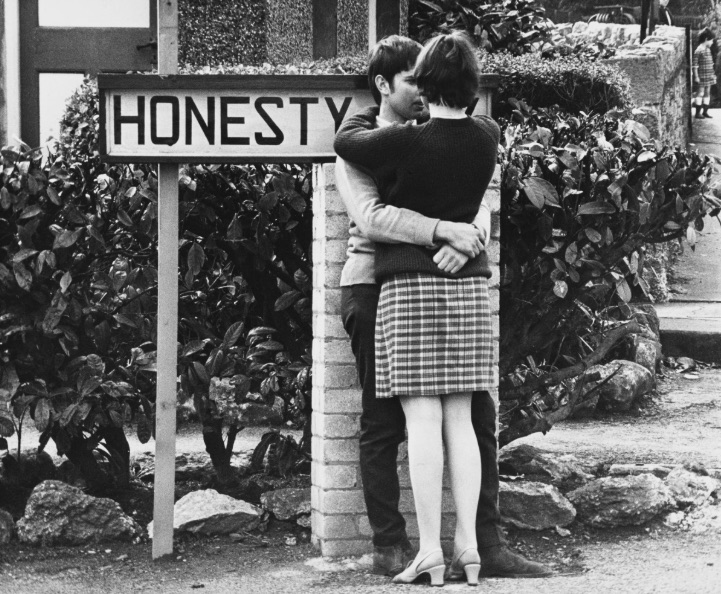
Over at The Photographers’ Gallery, a huge range of prints are available from emerging and established practitioners alike. Highlights include silver gelatin prints from Shirley Baker, known for her street scenes shot in Manchester during the 1950s and 60s. Overlooked for years, a recent monograph published by MACK Books sheds light on her spontaneous, self-guided practice and intuitive knack for capturing the humour and warmth of everyday life.
Studio Voltaire also has a long-established retail arm for the sale of artist editions; one print by Lisa Brice sold out within minutes when launched earlier this year. Theirs is a reliable source of some of the best prints out there, with a reassuringly broad price-range that starts from as little as £8—although prices increase as editions sell. A photographic print by Jo Spence is currently almost sold out; the contact sheets are taken from her 1979 series Beyond the Family Album, which explored the expectations placed on women to “perform” in front of the camera.
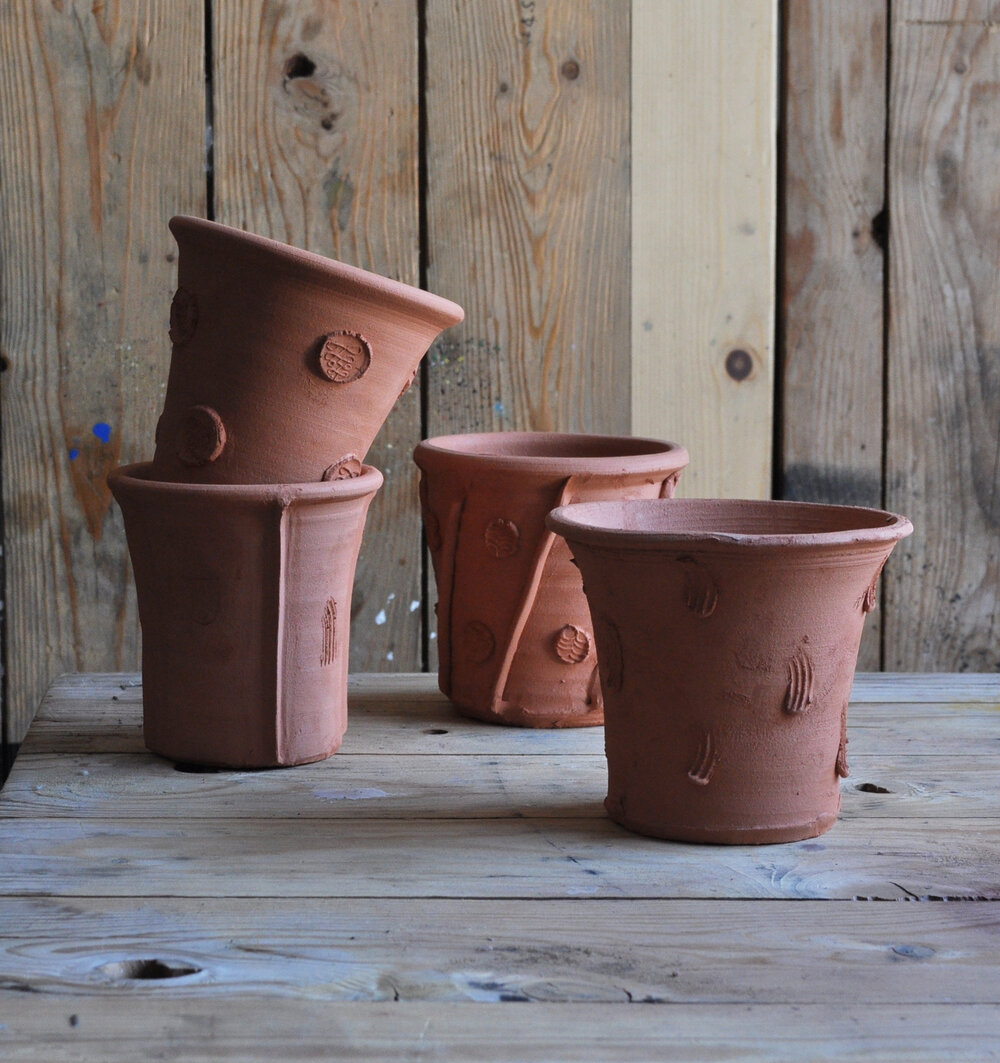
“As we collectively spend more time at home, there has never been a better moment to support the work of artists”
Other artists have used editions to directly raise money for their local community. A recent collaboration between artist Aaron Angell and arts organisation Create London saw the launch of Hoxton Gardenware, a youth-led not-for-profit enterprise producing distinctive, small-batch terracotta gardenware inspired by functional British garden pottery from the Roman to Victorian periods. It provides a socially and economically sustainable manufacturing and teaching facility for young people in East London. Pots and planters can be ordered online, with the option for “contact-free” collection in person.
A range of high-profile institutions and galleries continue to offer prints from artists as part of their fundraising initiatives, often attracting big-name artists. An etching by Danish painter Tal R is available for £750 from Camden Arts Centre; Whitechapel Gallery is selling a covetable screen print by Anthea Hamilton that showcases her signature wavy boot for £450; a screen print by Ella Kruglyanskaya retails at $700 at Printed Matter in New York; and a classic collage work by original punk artist Linder is on sale as a digital print at Nottingham Contemporary for £550. Even Elephant sells a small selection of artist editions, including a photographic print by Maisie Cousins for £100 and original drawings by Liv Fontaine, who is also participating in Glasgow International’s new digital iteration.
As we collectively spend more time in our homes than ever before, there has never been a better moment to support the work of artists and their communities. For those who can afford them during this period, prints and editions offer an opportunity to bring the work of artists into your home, whether it’s a 2020Solidarity poster or a signed lithograph. Art isn’t just for looking at in white-walled galleries and intimidating blue chip spaces; it’s for living alongside, and can offer pleasure and solace in the darkest times.
